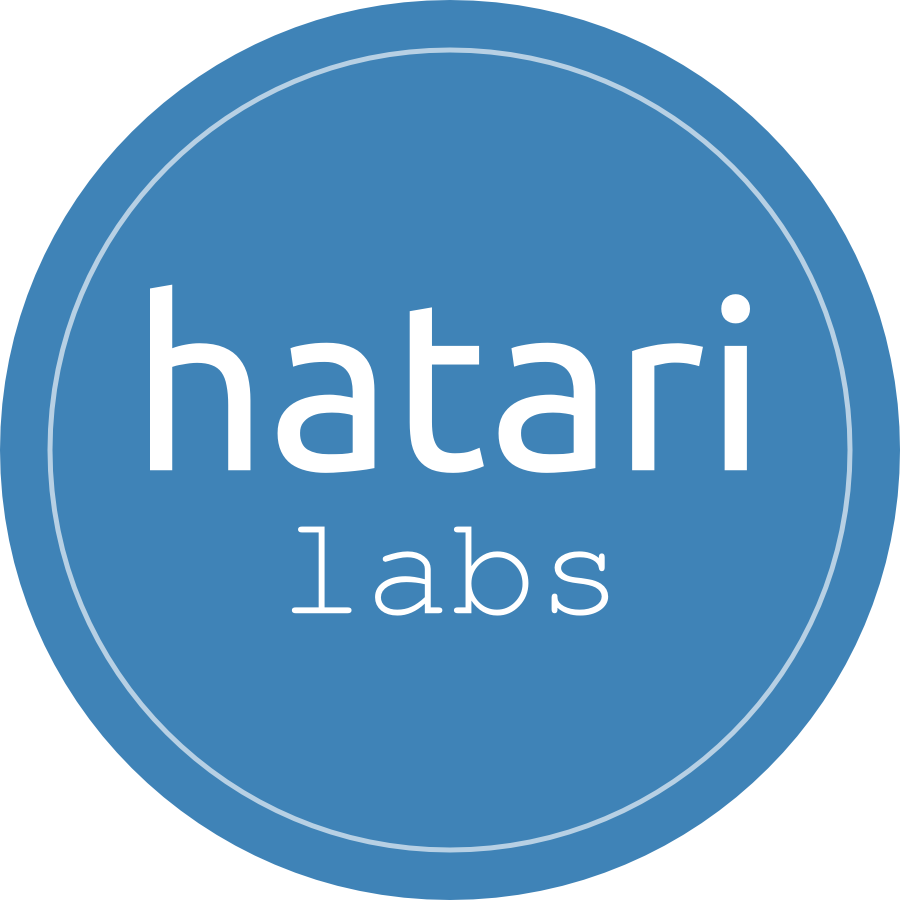Python is a powerful programming language; its simplicity is remarkable compared to other programming languages and its power is based on the number of tools available for different areas of study. In hydrology, Python has different packages which are linked to mathematics, statistics, etc.
This course develops the basic concepts of Python programming under Jupyter. Exercises will cover the basic Python data structures, conditional statements, loops coupled with an introduction to array manipulation in Numpy, tabular data management with Pandas and applied exercises with precipitation data.
Objectives
In this course the student will learn:
The Python environment.
The different packages of data analysis in Python.
Analyze and plot hydrological data with Python.
Course content
Session 1: Python data types
Understanding the way Python works and exploring the numerical types together with mathematical operations. Strings and boolean expressions are also reviewed.
Basic concepts of the Anaconda distribution and Jupyter Lab tools.
Lexical and syntax analysis.
Types and objects (strings, list, tuples and dictionaries).
Expressions and operators.
Conditions and iterations.
Session 2: Python loops and data structures
A review of the conditional forms and functions in Python with practical examples of creation, indexing and management of lists, tuples, dictionaries and sets.
Lists.
Functions.
Loop with while and for.
Dictionaries.
Session 3: Numpy for water resources
This session covers the key concepts of multidimensional arrays management with Numpy.
Numpy array creation.
Operation with numpy arrays.
Indexing and redimension of numpy arrays.
Session 4: Data manipulation with Pandas
This session covers the concepts for analyzing, exploring and manipulating data with applied examples.
Filtering temporal series
Columns and rows manipulation
Pandas calculations and groups
Exporting data
Session 5: Overview to Matplotlib
This session is focused on learning how to use the Matplotlib library that provides blocks to create visualizations for different kinds of data and how to customize them.
Introduction to Matplotlib.
Creation of a simple plot using Matplotlib.
Customizing plots.
Bar and histogram plots.
Scatter and 3D scatter plots
Session 6: Introduction to Geopandas
This session will cover an analysis of flooded areas impact on infrastructure with Python and Geopandas. The exercise will show how Geopandas can manage both the spatial analysis and operation among columns.
Reading data into Geopandas.
Working with linestrings and points.
Spatial operation.
Plotting data with Folium.
Clipping and exporting flooded areas.
Trainer
Saul Montoya M.Sc.
Saul Montoya M.Sc. is a Hydrogeologist and Numerical Modeler. Mr. Montoya is a Civil Engineer graduated from the Catholic University in Lima with postgraduate studies in Management and Engineering of Water Resources (WAREM Program) from Stuttgart University – Germany with mention in Groundwater Engineering and Hydroinformatics. Mr Montoya has a strong analytical capacity for the interpretation, conceptualization and modeling of the surface and underground water cycle and their interaction.
He is in charge of numerical modeling for contaminant transport and remediation systems of contaminated sites. Inside his hydrological and hydrogeological investigations Mr. Montoya has developed a holistic comprehension of the water cycle, understanding and quantifying the main hydrological dynamic process of precipitation, runoff, evaporation and recharge to the groundwater system.
Over the last 9 years Saul has developed 2 websites for knowledge sharing in water resources: www.gidahatari.com (Spanish) and www.hatarilabs.com (English) that have become relevant due to its applied tutorials on groundwater modeling, spatial analysis and computational fluid mechanics.
Methodology
Here are some details of each methodology:
Manuals and files for the exercises will be delivered.
The course will be developed by videos on private web platform.
There is online support for questions regarding the exercises developed in the course.
Digital certificate available at the end of the course.
Video of the classes will be available for 2 months.
To receive the digital certificate you must submit the exams after 1 month.
Date and time
March - 2024 (Central European Time (CET) - Amsterdam)
Tuesday 05, 2024 from 6:00 pm to 7:30 pm.
Thursday 07, 2024 from 6:00 pm to 7:30 pm.
Tuesday 12, 2024 from 6:00 pm to 7:30 pm.
Thursday 14, 2024 from 6:00 pm to 7:30 pm.
Tuesday 19, 2024 from 6:00 pm to 7:30 pm.
Thursday 21, 2024 from 6:00 pm to 7:30 pm.
Cost and payment method
The cost is $ 220 dollars.
Register
You can make the payment and registe in our new e-commerce site:
After payment send us a message to: saulmontoya@hatarilabs.com in order to confirm your enrrollment in the course.























